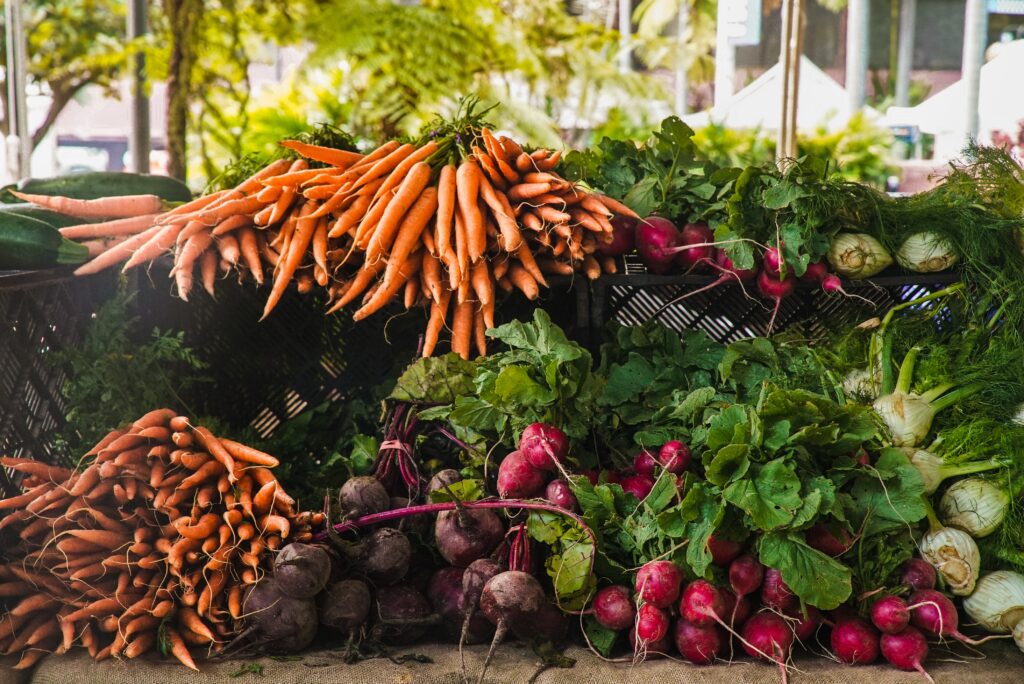The European Commission today approved the first package of CAP strategic plans for seven countries: Denmark, Finland, France, Ireland, Poland, Portugal and Spain.
This is an important step towards the implementation of the new common agricultural policy (CAP) on 1 January 2023.
According to a note from the European Commission Representation in Portugal, «the new CAP was designed to shape the transition to a more sustainable, resilient and modern European agricultural sector».
Under the reformed policy, 'funding will be more equitably distributed among small and medium-sized family farms as well as young farmers'.
In addition, “farmers will be encouraged to adopt new innovations, from precision agriculture to agroecological production methods”.
By supporting concrete actions in these and other areas, 'the new CAP can form the cornerstone of food security and farming communities in the European Union'.
The new CAP integrates a new way of working, more efficient and effective. EU countries will implement CAP strategic plans at national level, combining funding for income support, rural development and market measures. When drawing up their CAP strategic plan, each Member State chose from a wide range of EU-level interventions, adapting and targeting them to meet their specific needs and local conditions.
The Commission has assessed whether each of the plans contributes to the achievement of the ten main objectives of the CAP, which respond to common environmental, social and economic challenges.
Therefore, the plans will comply with European legislation and should contribute to the EU's climate and environmental objectives, including animal welfare, as set out in the Farm to Fork Strategy and the Commission's Biodiversity Strategy.
Janusz Wojciechowski, member of the Commission responsible for the Agriculture portfolio, said: “Today we take another step forward in the implementation of the new CAP for the next five years. This step comes at a crucial moment, when the importance of providing solid support to our agricultural sector became very clear. Farmers face a difficult situation, marked by the sharp increase in production costs due to Russian aggression against Ukraine and the recent summer drought”.
“Agriculture is a long-term business and European farmers need a clear legal and financial framework for the future. The new CAP will help ensure long-term stability of agricultural livelihoods and food security, fostering a smart, competitive, resilient and diverse agricultural sector. I welcome the hard work done by Member States to finalize their plans and support their agricultural sector. The Commission will continue to formulate guidelines to make the most of what the CAP has to offer our farmers, rural communities and citizens as a whole”, he added.
The CAP will benefit from funding of €270 billion for the period 2023-2027. The seven plans approved today represent a budget of more than €120 billion, including more than €34 billion exclusively geared towards meeting environmental and climate goals and ecological regimes.
This amount can be used to promote practices beneficial to soils and to improve water management and grassland quality, for example. The CAP can also promote afforestation, fire prevention and forest restoration and adaptation.
Farmers who participate in ecological schemes can be rewarded, in particular by banning or limiting the use of pesticides and limiting soil erosion. Between 86% and 97% of the agricultural area used at national level will be cultivated under good agricultural and environmental conditions.
Substantial funding is also planned to support the development of organic production, with most countries aiming to double or even triple their agricultural area. Areas with natural constraints, such as mountain or coastal areas, will continue to benefit from specific funding for the maintenance of an agricultural activity.
In the context of the Russian aggression against Ukraine and the continuing rise in commodity prices, the Commission invited Member States to seize every opportunity offered by their CAP strategic plans to strengthen the resilience of their agricultural sector and promote security. feed. This includes reducing dependence on synthetic fertilizers and increasing renewable energy production without compromising food production, as well as promoting more sustainable production methods.
Generational renewal is one of the main challenges for the European agricultural sector in the coming years. It is essential for the agricultural sector to remain competitive and to increase the attractiveness of rural areas.
Specific support for young farmers features prominently in each of the approved plans, with more than €3 billion going directly to young farmers in the seven countries. Rural development funds will support thousands of jobs and local businesses in rural areas, while improving access to services and infrastructure such as broadband.
In line with the long-term vision for the EU's rural areas, the needs of rural citizens will also be taken into account in other EU instruments such as the Recovery and Resilience Mechanism (MRR) or the European Structural and Investment Funds (ESIF). ).
After the approval of the first seven CAP Strategic Plans, the European Commission states that it remains "fully committed to the rapid approval of the remaining 21, taking into account the quality and speed of reactions following the Commission's observations".



















Comments